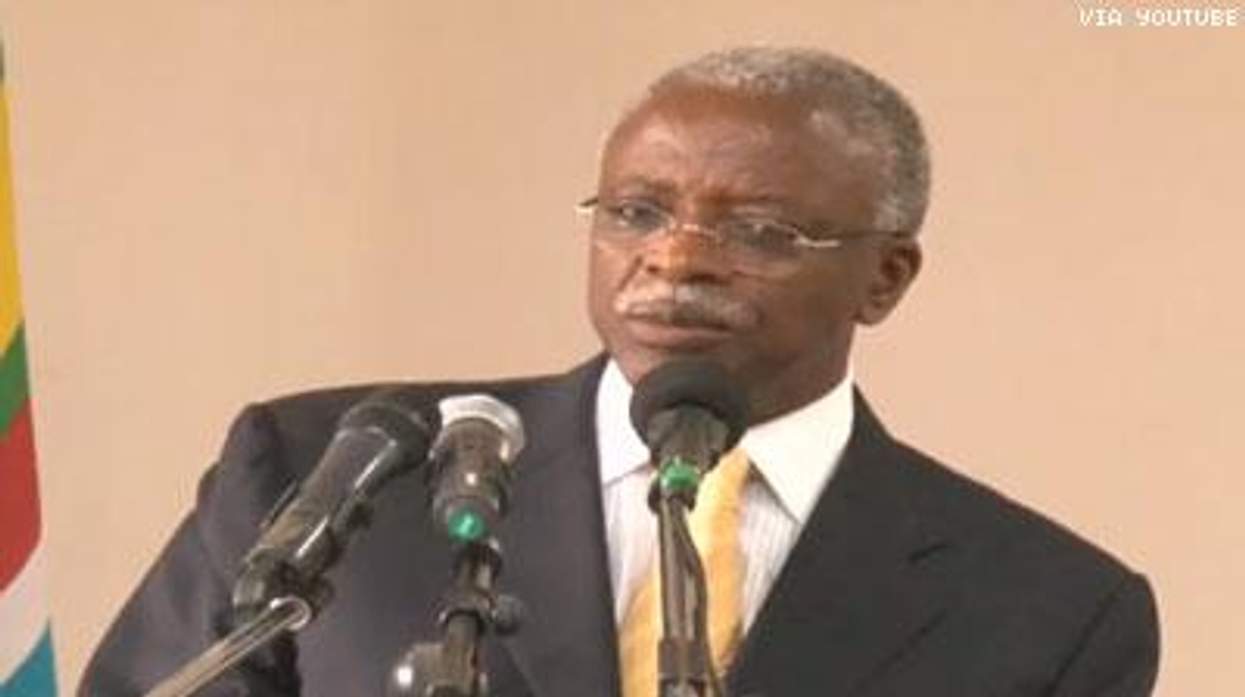Responding to international backlash over his parliament's passage of a bill imposing lifelong prison sentences for LGBT people, Uganda's prime minister claimed that "abnormal" people -- like LGBT people or those with Down syndrome -- should not be persecuted.
Speaking at the Foreign Affairs Ministry in Uganda, Prime Minister Amama Mbabazi used disparaging and outdated terms to discuss LGBT people and those with disabilities but also said those "abnormalities" should not be cause for abuse.
"I think in our traditions, this is what I believe. Homosexuality is treated as an abnormality," said Mbabazi, according to U.K. LGBT site PinkNews. "Given that as a fact, how do we treat abnormalities in our society? Do you kill them? If you identify an abnormality and you say 'let's kill these abnormals,' my conclusion is that you are the one that is abnormal. They need help. How do you treat your children who are born as, I don't know the word to use, mongols? Do you execute them, imprison them for life?"
While the prime minister's language is problematic, it does actually indicate a more tolerant stance than that taken by many other Ugandan officials. When parliament passed the long-languishing Anti-Homosexuality Bill on December 20 of last year, the prime minister publicly questioned whether the body had the quorum necessary to legally take a vote on the issue.
Homosexuality was already illegal in the East African nation, but the pending law, first introduced in 2009, criminalizes LGBT identities even further, outlawing the "public promotion of homosexuality," including discussion by LGBT rights groups.
Earlier versions of the bill prescribed the death penalty for certain instances of "aggravated homosexuality," including if one person was HIV-positive or if the liaison involved a minor. The capital punishment provision has been reportedly been replaced with one calling for life imprisonment in such instances, while maintaining an earlier stipulation that imposes jail sentences on anyone who does not report a "known homosexual" to police.
The bill is currently awaiting a signature in assent from Uganda's president, Yoweri Museveni. Last week a Museveni spokesman said the president "won't rush" to sign the bill into law, and implied that the president has yet to conclude whether he'll sign the law.
Even if Museveni vetoes the bill, LGBT activists on the ground in Uganda expect parliamentary support to be strong enough to override the president's veto with a two-thirds vote in support of the legislation.
Watch Mbabazi's comments below, edited by Ugandan state television station NTV.





































































Charlie Kirk DID say stoning gay people was the 'perfect law' — and these other heinous quotes